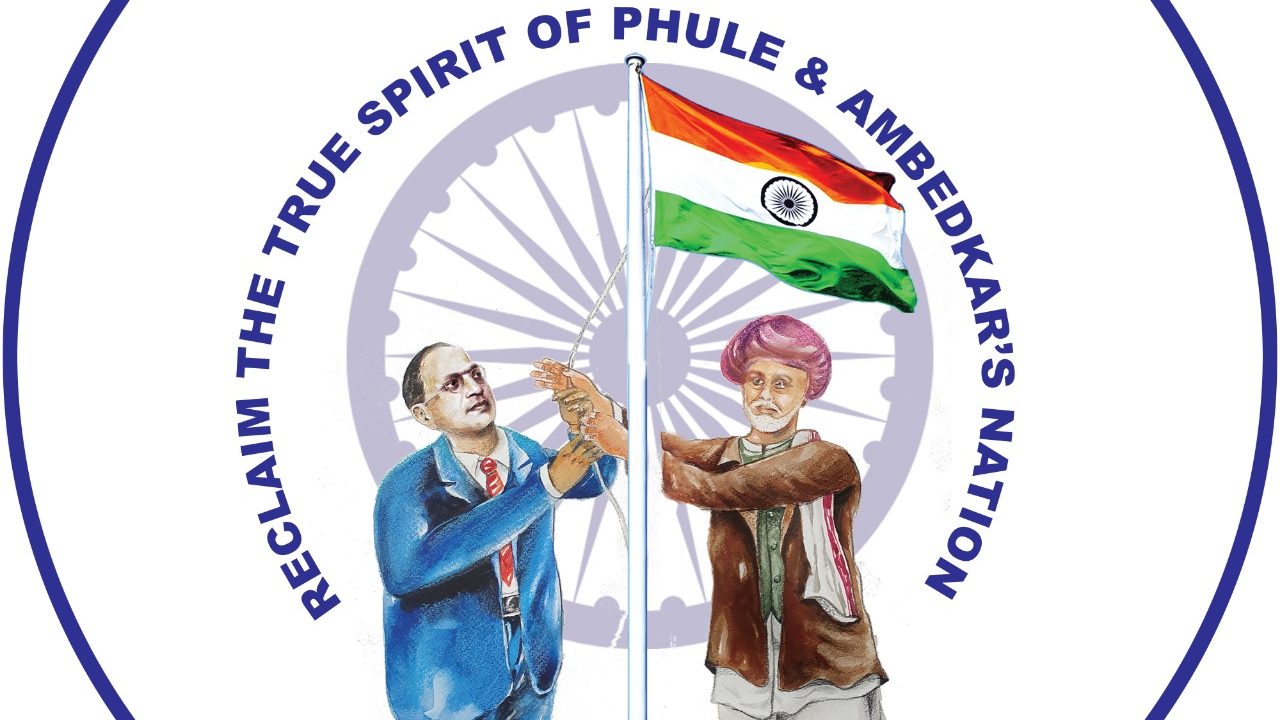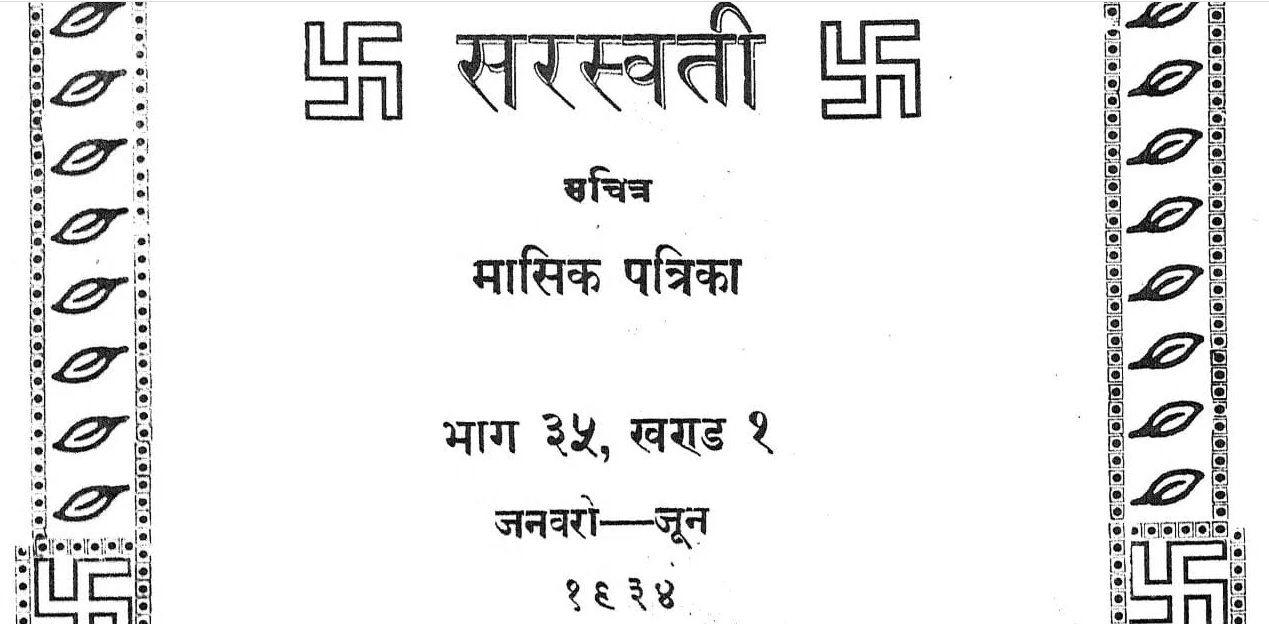As regular readers of FORWARD Press know by now, every January we focus on the life and the legacy of Savitribai Phule. For the past few years, we have been campaigning to have her birth anniversary on 3 January be declared Education for All Day. The author of our Cover Story this year, Dalit poet and activist Anita Bharati is no stranger to FP readers. For some years now she has led a campaign to establish 1 January as Education Day and 3 January as Teachers Day. Together we hope the brahmanical education establishment will belatedly honour the historical significance of the contribution of Savitribai Phule to modern India’s educational equity, especially for the most deprived stree, atishudra, shudra.
Last year, I had contacted sociologist Sharmila Rege, Director of the Krantijyoti Savitribai Phule Women’s Studies Centre at Pune University, to do our Savitribai Cover Story. However, because of some prior commitments, she could not do it then. She did try to help and offered to write another time. At that time we spoke once on the phone and exchanged a couple of emails. The news of her death in July this year hit me hard. Despite the fact that I had never met her, from the little I knew of her, I had come to respect her greatly. As I had written to her the first time in 2012 :
FP brings a Phule-Ambedkar perspective to most issues of concern to the Dalitbahujans. I am aware of you mainly through your excellent Journal of Indian Education article ‘Education as Tritya Ratna: Towards Phule-Ambedkarite Feminist Pedagogical Practice’.
Alas, this rare Phule-Ambedkarite feminist who introduced caste to the “savarnized” Indian feminist discourse is no more. The tribute I have compiled is my personal tribute to this prematurely snuffed-out krantijyoti.
Nobody can suggest that Nelson Mandela went prematurely; he was 95 when he completed his “long walk to freedom”. This was not a solitary walk or life; he was imprisoned with other ANC comrades, all involved with leading their people to freedom from a racist regime. One of his prison mates, ANC leader Ahmed Kathrada, gave an impassioned speech at Mandela’s funeral. Even a fiery comrade like him acknowledged that Mandela’s choice to forgive and forget made all the difference in bringing about a peaceful transition to multiracial rule in South Africa. Though Vidya Bhushan Rawat does not quite see it that way, we have carried a condensed version of his tribute to Mandela because he has made some interesting connections to Ambedkar.
Likewise, while not agreeing with every aspect of Prem Kumar Mani’s analysis of the recent state assembly elections, FP is carrying it because very often his contrarian views have turned out to be farsighted. One has to give him credit for the integrity with which he thinks and writes even while being an office-bearer of a political party. His critique of “secularism” in our politics flies in the face of his party leader Lalu Prasad Yadav, fresh out of jail on bail, who has come out swinging against the communal forces, especially Modi. It is early days yet to begin to make forecasts of the 2014 General Elections. But then writers like Mani have been called the “antennae of the race”.
Until next month … Truthfully,





